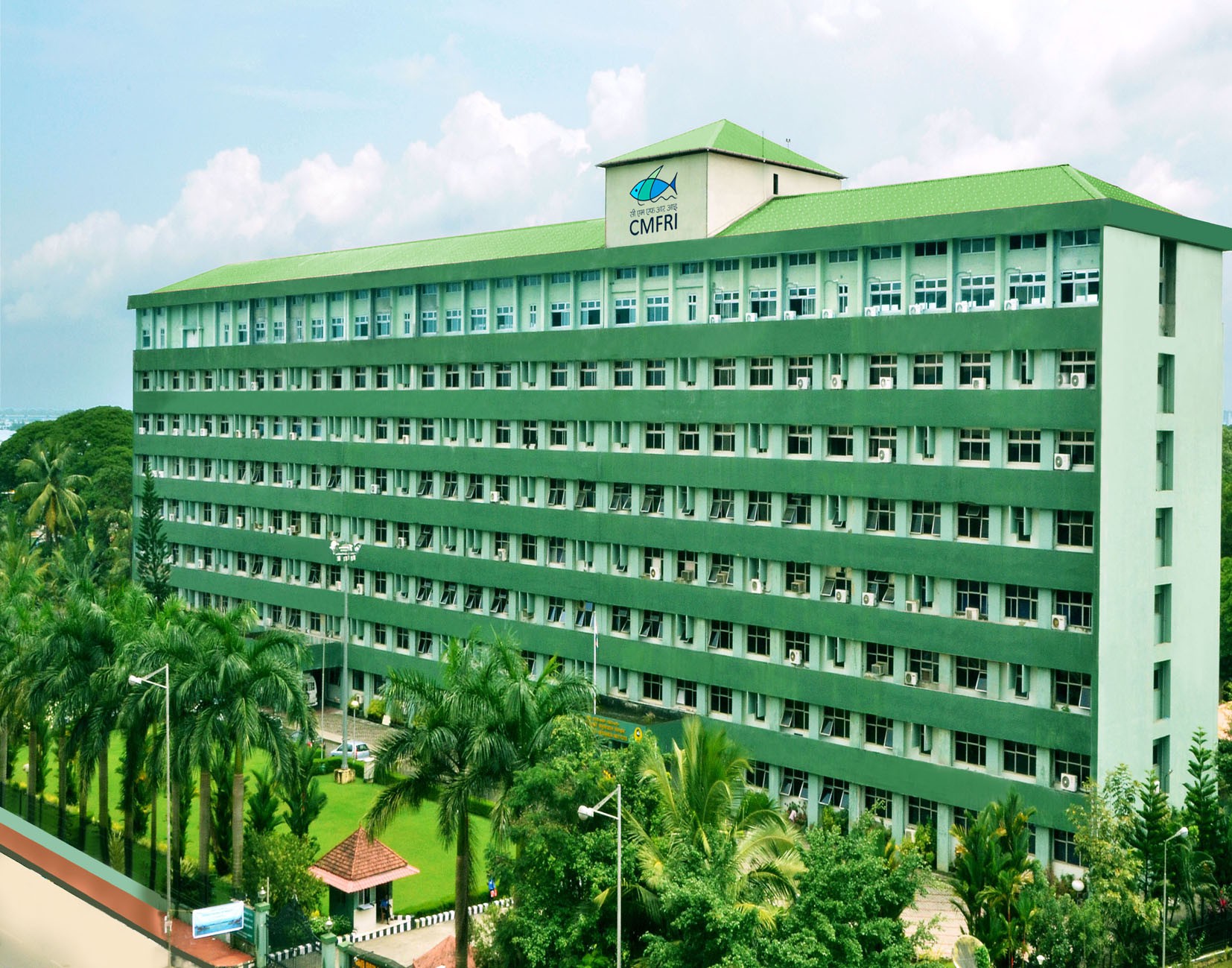
Kochi, Country's premier fisheries research organisation -the Central Marine Fisheries Research Institute (CMFRI) headquartered here turned 75 on Thursday.
To mark the historic achievement, an year-long campaign that includes various activities to mark the platinum jubilee celebrations has been announced.
Established in 1947, the CMFRI has been playing a pivotal role in stewarding country's Amarine fishery resources since its inception.
Over the past seven-and-a-half decades, the CMFRI which joined the Indian Council of Agricultural Research (ICAR) in 1967, has grown significantly in size and stature emerging as a leading tropical marine fisheries research hub in the world.
During the foundation day celebrations, J.K.Jena, Deputy Director General of the ICAR, who was the chief guest, urged the CMFRI scientists to prioritise their focus of research in accordance with the urgent need of society and the nation.
"The Central Government is focusing on strengthening mariculture based alternative livelihood options like seaweed farming, marine ornamental fish culture. This would offer better livelihood options to the coastal communities and thereby support the country's economy," said Jena.
CMFRI director A.Gopalakrishnan said that the institute broadened its objectives by diversifying towards potentially rewarding arenas such as mariculture, genetic and biotechnological applications.
"Keeping tab of the changes in the sector, research on climate change and bio prospecting will also be strengthened. Given that mariculture is going to be a game changer in ensuring future fish production and also in providing income and employment security for coastal fishers, the CMFRI will focus on precision mariculture with the aid of smart tools and automation with Artificial Intelligence (AI)," said Gopalakrishnan.
Apart from this, a number of emerging areas of importance include marine environment management, marine biodiversity research, marine spatial planning, species identification and description, marine pollution research, fish disease diagnosis and control, resource monitoring and assessment, socioeconomics will also be there, he further pointed out.


.jpeg)

